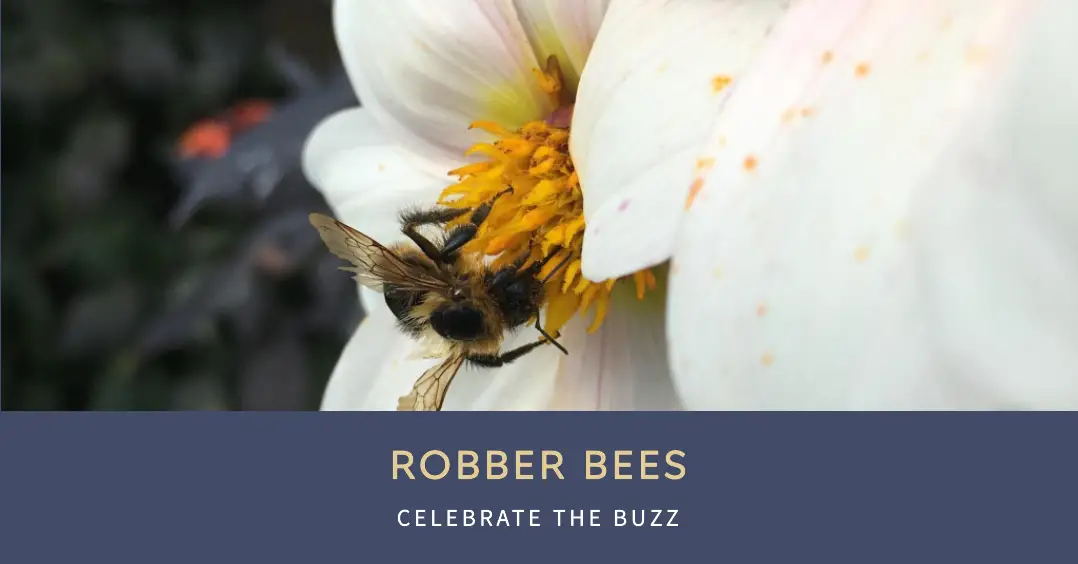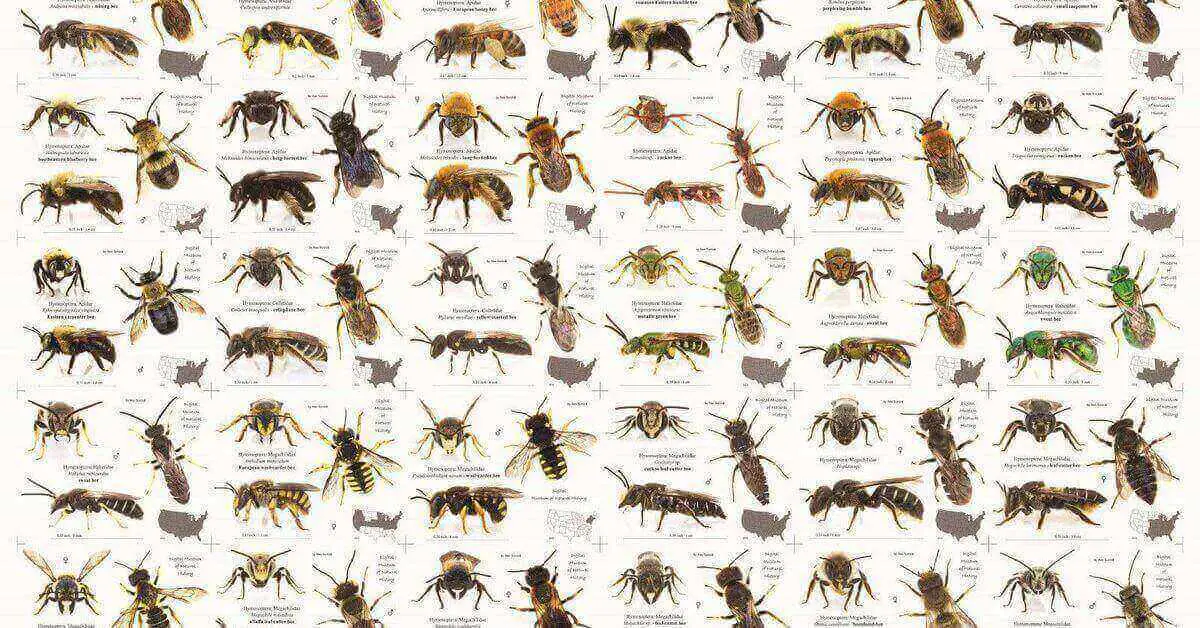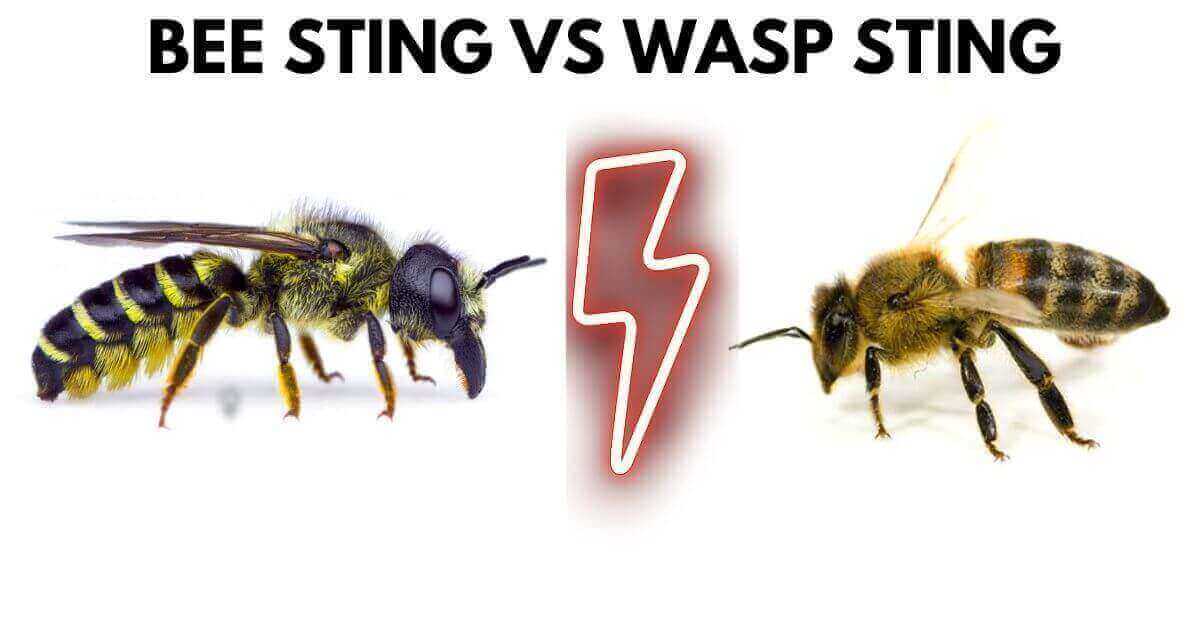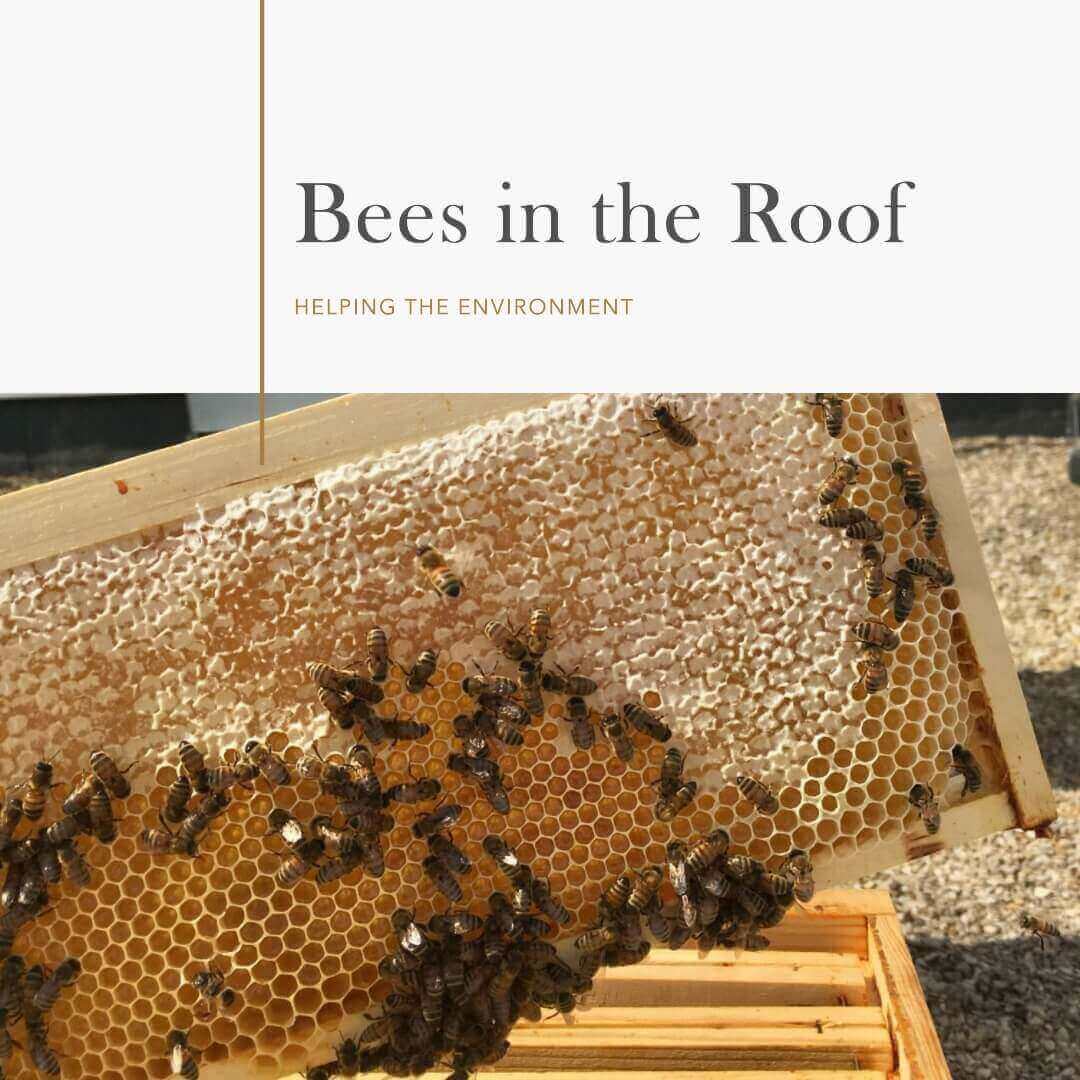Robber bees can pose a significant threat to beehives as they attempt to steal honey and other resources, sometimes leading to the death of the colony’s queen. In this article, we will discuss effective methods to stop robber bees and protect your hive, queen, and overall bee population. Understanding the behavior of robber bees and employing preventative measures can ensure the well-being and prosperity of your precious pollinators.
Understanding Robber Bees
Robber bees are aggressive foragers from other colonies that invade weaker hives to plunder their resources. They are attracted by the scent of honey and nectar, particularly when a hive is weak or lacks proper defenses. Once inside, they can cause havoc, disrupting the hive’s harmony and even endangering the life of the queen.
Impact of Robber Bees on the Queen
Robber bees are ruthless in their pursuit of resources. In their frenzy, they may harm the resident queen or force her to flee the hive, leaving the colony vulnerable to collapse. The loss of the queen can be devastating, as she plays a crucial role in maintaining the hive’s stability and reproductive cycle.
Identifying Robber Bee Activity
To prevent and combat robbing bees, beekeepers must be vigilant in recognizing the signs of a potential invasion. Increased bee aggression at the hive entrance, heightened noise levels, and the presence of unfamiliar bees are all indicators of robbing behavior.
How To Stop Robbing Bees
Reduce Hive Odor: The scent of a hive can attract robbers. To mask the hive’s scent, consider sprinkling a few drops of water infused with essential oils like lemongrass or lavender near the entrance.
Provide Proper Ventilation: A well-ventilated hive helps regulate temperature and humidity, making it less attractive to robber bees. Ensure that your hive has adequate ventilation to deter invaders.
Limit Hive Access: Reduce the hive entrance size to make it easier for guard bees to defend the hive against intruders. A smaller entrance is easier to protect, especially during times of vulnerability.
Relocate Weak Hives: If you have weaker colonies, move them to a different location to reduce their vulnerability to robbing. This strategy allows the colonies to strengthen without attracting unwanted attention.
Feed Bees Properly: Providing adequate food and nutrition during periods of nectar scarcity can discourage robbing. Well-fed bees are less likely to become robbers or victims of robbing.
Use Robber Screens: Install robber screens or entrance reducers with small holes that only allow your resident bees to pass through easily. These screens can be effective barriers against robber bees.
Place Water Sources Away from Hives: Robber bees are also attracted to water sources near the hive. Offer water away from the apiary to avoid tempting unwanted visitors.
Robbing Bees vs Orientation Flights
Robbing bees and orientation flights represent two distinct behaviors exhibited within a bee colony, each serving vital functions in the intricate workings of a hive. These activities, while seemingly unrelated, offer valuable insights into the social dynamics and survival strategies of these remarkable insects.
Nocturnal Activity of Robber Bees
Robber bees, like their industrious counterparts, follow a diurnal pattern, meaning they are active during the day and rest at night. Thus, they return to their own hives at nightfall. This behavior aligns with the natural circadian rhythms of bees, ensuring they have ample time for rest and recuperation.
Reasons for Hive Robbing
Hive robbing is primarily driven by resource scarcity. When a bee colony faces a shortage of nectar, pollen, or honey due to adverse weather conditions or other factors, some bees may resort to raiding other hives. Additionally, weak or poorly defended colonies are more susceptible to being targeted by robber bees seeking an easy opportunity to steal resources.
Duration of Hive Robbing
The duration of hive robbing can vary based on several factors, such as the strength of the robbing colony, the resistance put up by the robbed hive, and the availability of resources. In some cases, hive robbing may last for several days or even weeks if the robbed colony remains vulnerable and the robbing colony continues to find resources within the targeted hive.
Survival of Robbed Hives
The consequences of hive robbing can be severe for the robbed colony. If the robbing is intense and prolonged, the robbed hive may suffer a significant depletion of resources, weakening the colony and making it more susceptible to disease and predation. In extreme cases, the robbed hive may collapse entirely, leading to the loss of a bee colony.
Impact on Robber Bee Colony
While the robbing colony benefits from stolen resources in the short term, this behavior is not without risks. Prolonged robbing can lead to increased aggression and competition among the robber bees themselves. Moreover, if the robbed colonies are diseased, the robbers might inadvertently introduce pathogens into their own hive, posing a threat to their long-term survival.
Related Posts:
Bumble bees robbing honey bees
When bumble bees engage in robbing, they initiate the process by scouting out weaker honey bee colonies. The scouts identify these colonies by detecting pheromones released by the stressed honey bees. With their powerful jaws and robust bodies, bumble bees overpower the outnumbered honey bees. They raid the honey stores, nectar, and even brood chambers, leaving the invaded colony severely depleted. The raids can be intense and relentless, lasting until looters loot all valuable resources or until the honey bee colony, weakened, becomes entirely defenseless.
Honey bee robbing behavior
While honey bee robbing behavior may seem ruthless, it serves as a natural ecological check and balance. The stronger honey bee colonies that are better adapted to environmental. They changes prevent weaker honey bee colonies from reproducing and spreading their genetic traits. Consequently, this behavior aids in maintaining the overall health and resilience of bee populations.
Conclusion
Preventing robber bees from attacking your hive and harming the queen requires proactive and diligent efforts. By understanding their behavior and implementing appropriate measures. Beekeepers can protect their colonies from robbing and ensure the safety and prosperity of their precious bee populations. Remember to regularly inspect your hives and take necessary precautions to maintain a healthy and thriving beekeeping environment.




